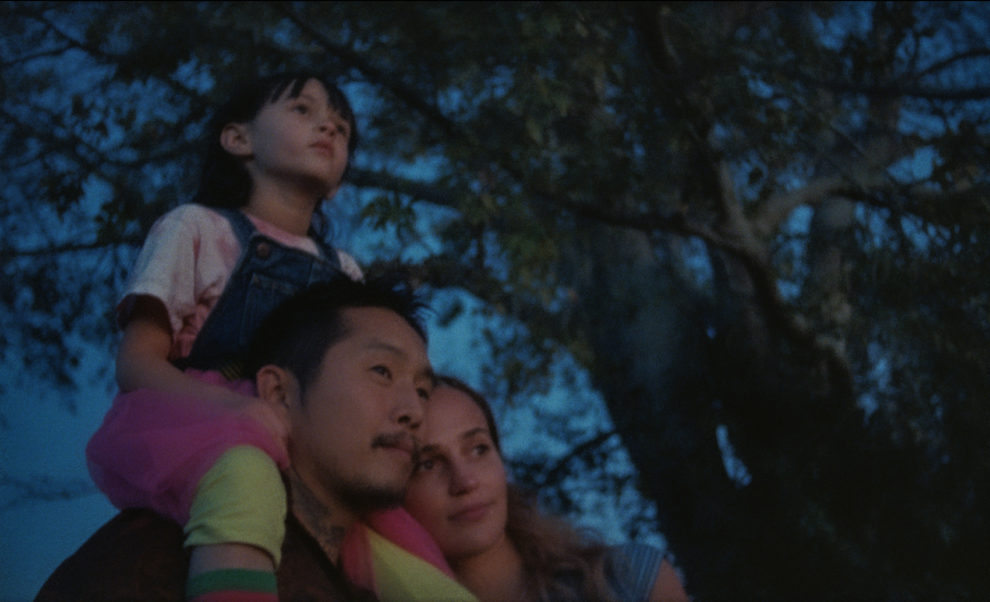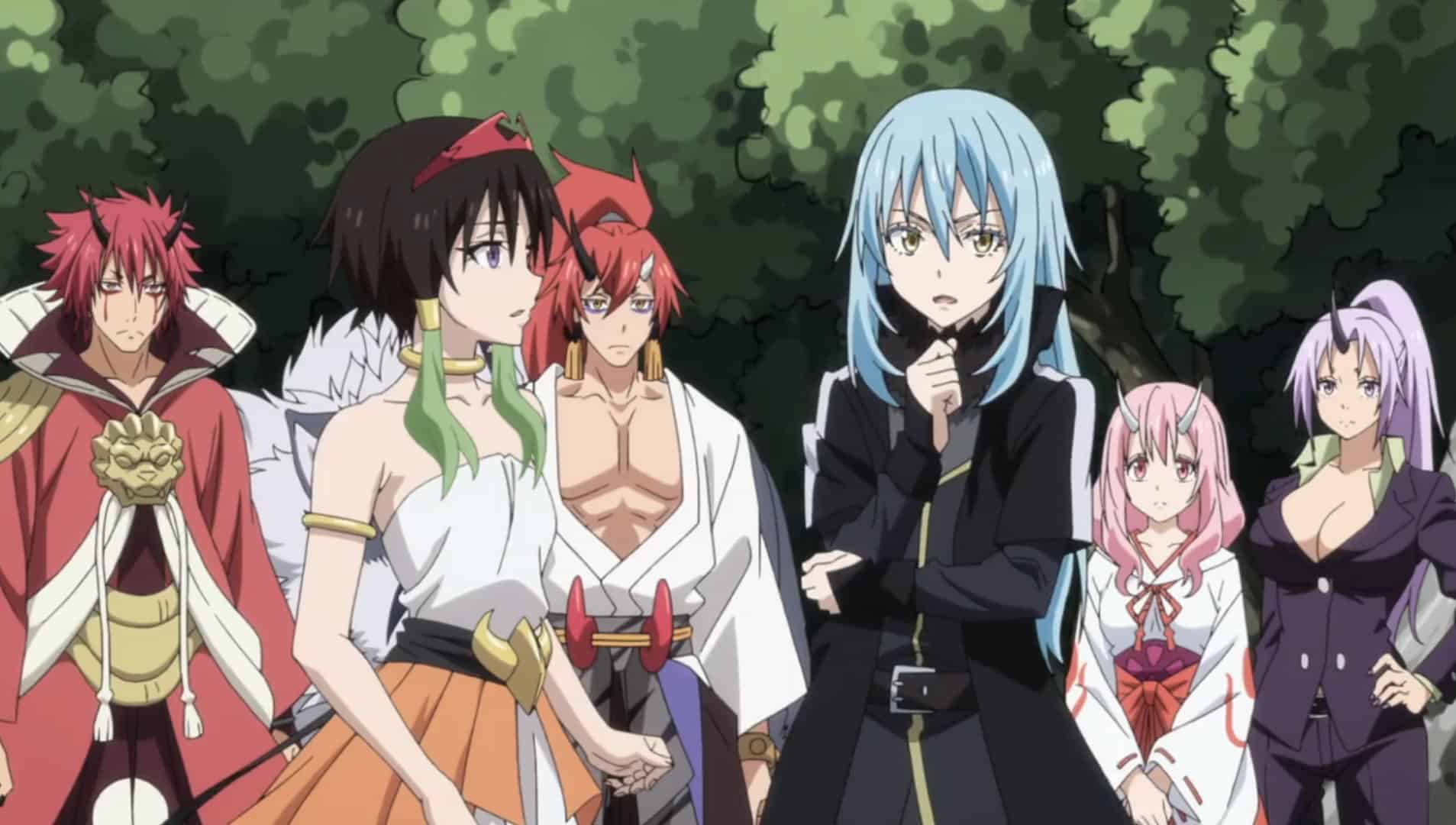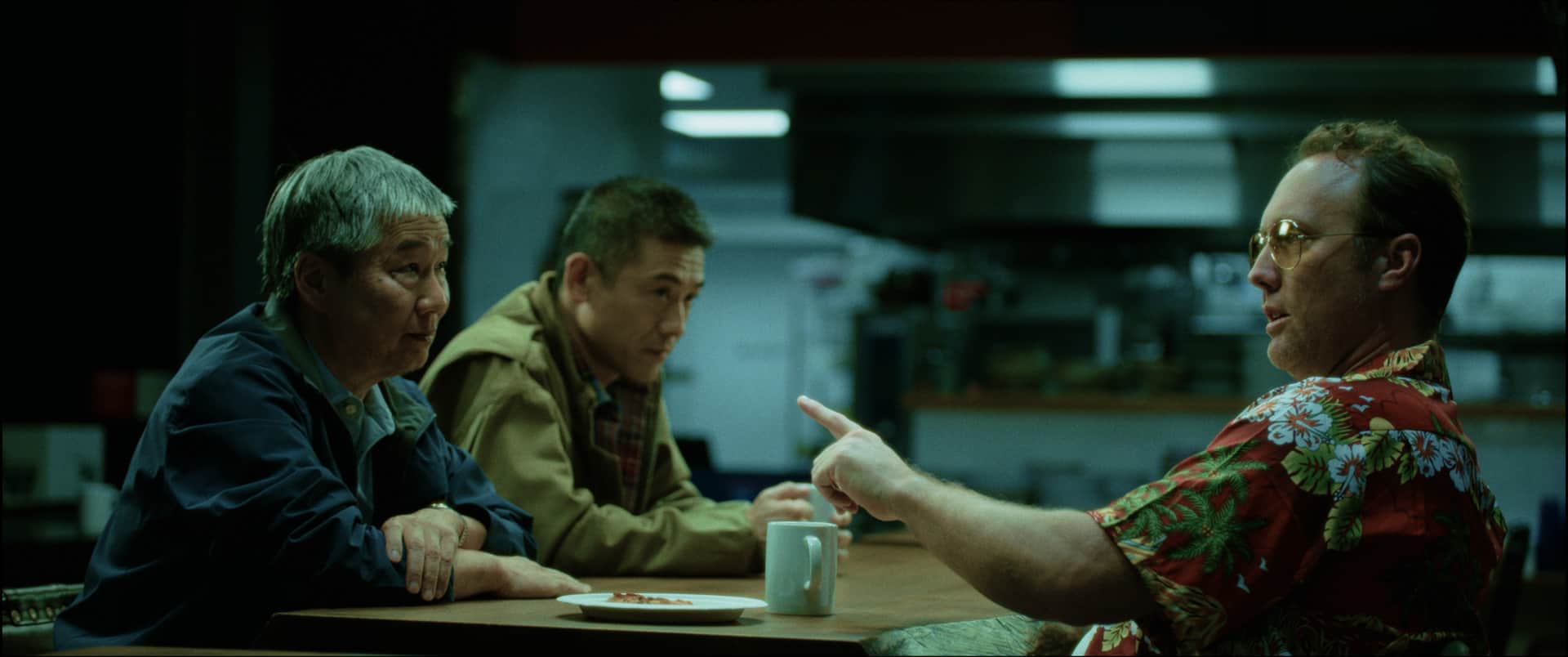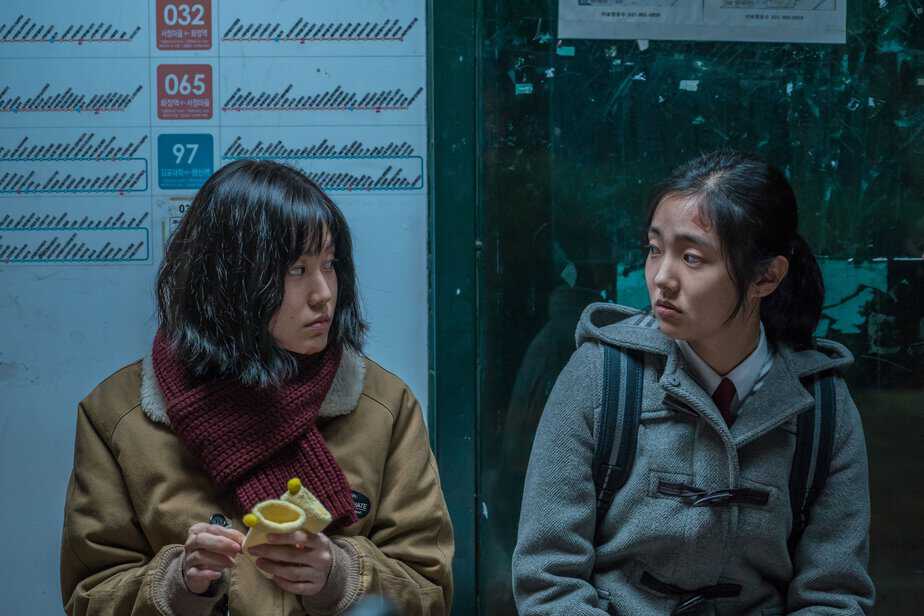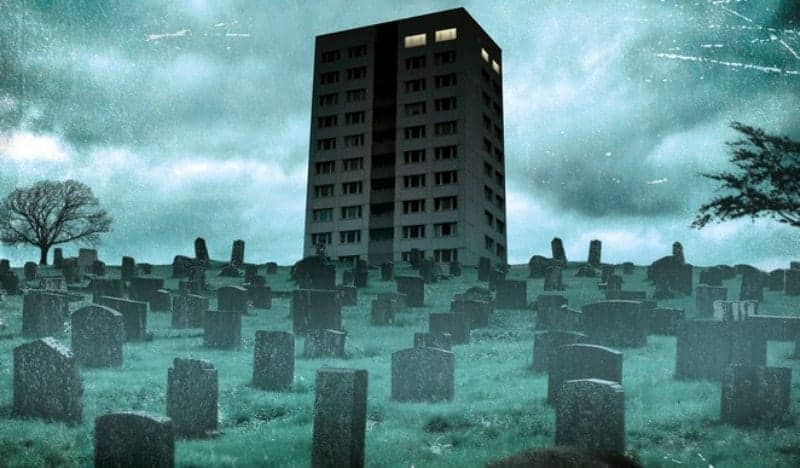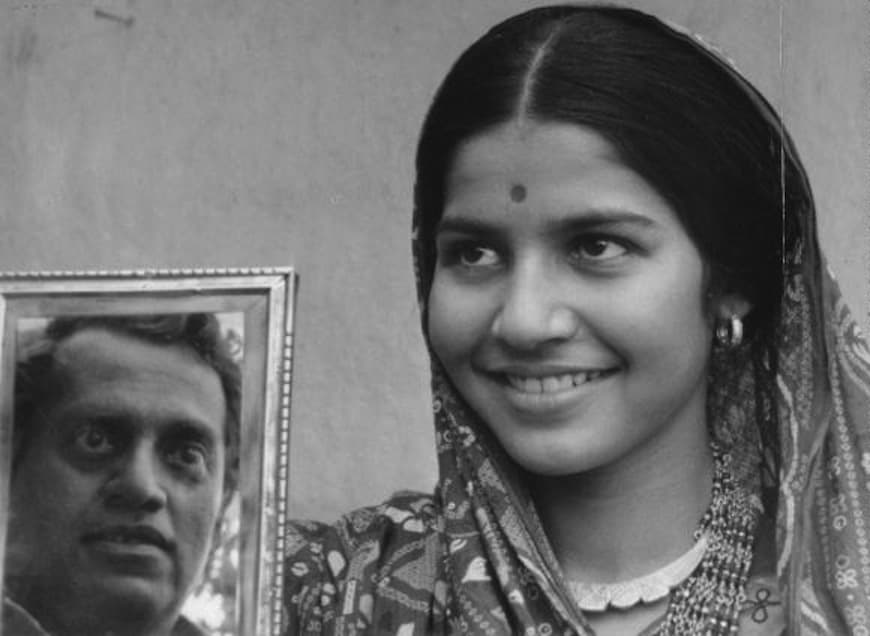Korean directors have made headlines in Hollywood the last two years, and Justin Chon may just be next in line. Bong Joon-ho's “Parasite” and Isaac Lee-Chung's “Minari” won a variety of accolades; between the two of them, they boast 5 Oscars, 2 Golden Globes, and a Palme d'Or to boot. Chon – whose latest release “Blue Bayou” had also been selected for Cannes 2020 – is now being reviewed as another potential favorite for next year's awards season. This time, Chon introduces a different Korean American tale to the table: that of involuntary migration.
In “Blue Bayou,” Antonio (Justin Chon) is an ethnic-Korean adoptee who is not exactly a model citizen. He's a small-time tattoo artist with a criminal record; moreover, as the movie shows, he's prone to run away from his problems (oftentimes on a motorcycle). Despite his speckled past, however, he is a fiercely loyal father. Madly in love with his wife, Kathy (Alicia Vikander) and equally protective of his step-daughter, Jessie (Sydney Kowalske), Antonio swears he would not give them up for anything in the world… until he finds out he doesn't have the papers to stay in the States. Threatened to be deported by the very country he unwittingly settled in, “Blue Bayou” grasps the deeply tragic – and painful – irony of having to pull up one's unintended roots.
Chon lures his audiences into his film with dreamy landscapes, only to jerk them back to ugly reality. The film opens in a misty swamp, where the water shimmers under speckles of light. A woman clutches a baby in the center, singing a simple lullaby in Korean. This moment – somehow beginning, the end, and still the center of Antonio's development all at once – builds the piece up remarkably. DP Ante Cheng and Matthew Chuang bring these water-based scenes to life, where he captures the lakes' distinct glow under natural lighting.
Harsh lighting and tattoo parlor clutter starkly contrasts with the earlier peace, however, and the situation — both cinematically and diegetically — only goes downhill from there. Chon's shift from mesmerizing imagery to a bluntly chaotic realm loses the film's nuance. At the beginning, Chon's Antonio walks on eggshells; by the end, Antonio seems to dive into anything and everything headfirst. Given Antonio's increasingly dire predicament however, perhaps this only makes sense. The characters' changing moods reflect their ever-shifting familyscape, outlining the flexible borders beyond passports and visas.
In this way, “Blue Bayou” captures something truly cherished to deported adoptee experience: the role of intention. Antonio admits that he unwittingly moved to the States as an adopted baby. However, the crux of the film rests upon his willingness to stay. Like a judge, then, the movie continues to interrogate his rationale. Why does he have a criminal record? Why does he reject the family who chose him? Why he choose the family he has now? In this way, “Blue Bayou”'s strong narrative voice shines through. Unlike a documentary, the movie does not seek to simply highlight adoptee voices. Rather, it effectively privileges a sense of agency to a character that has had it all legally stripped away, giving the issue a more compelling argument. Antonio is not simply a pawn, but is a person.
And it is this – the sheer humanity of the story – that makes “Blue Bayou” such a stunning watch. Antonio's pain is palpable in the film's final act, where all his attempts at rhyme and reason fall through. Like how the film draws in the viewer with exotic imagery, it likewise primes the viewer with hope and beauty. The film is equally willing to crush all attempts at happiness, however – making his internal torment more tangible. “Blue Bayou” does not simply pull at your heartstrings; instead, it leaves a gaping hole.
All in all, “Blue Bayou” leaves an impressionable watch. It does emotionally jerk the viewer around, but its makes its point loud and clear. Bring a tissue box if you see this in theaters. You'll definitely need at least one, or two, or maybe even three.
“Blue Bayou” will be in US theaters on 17 September 2021.


